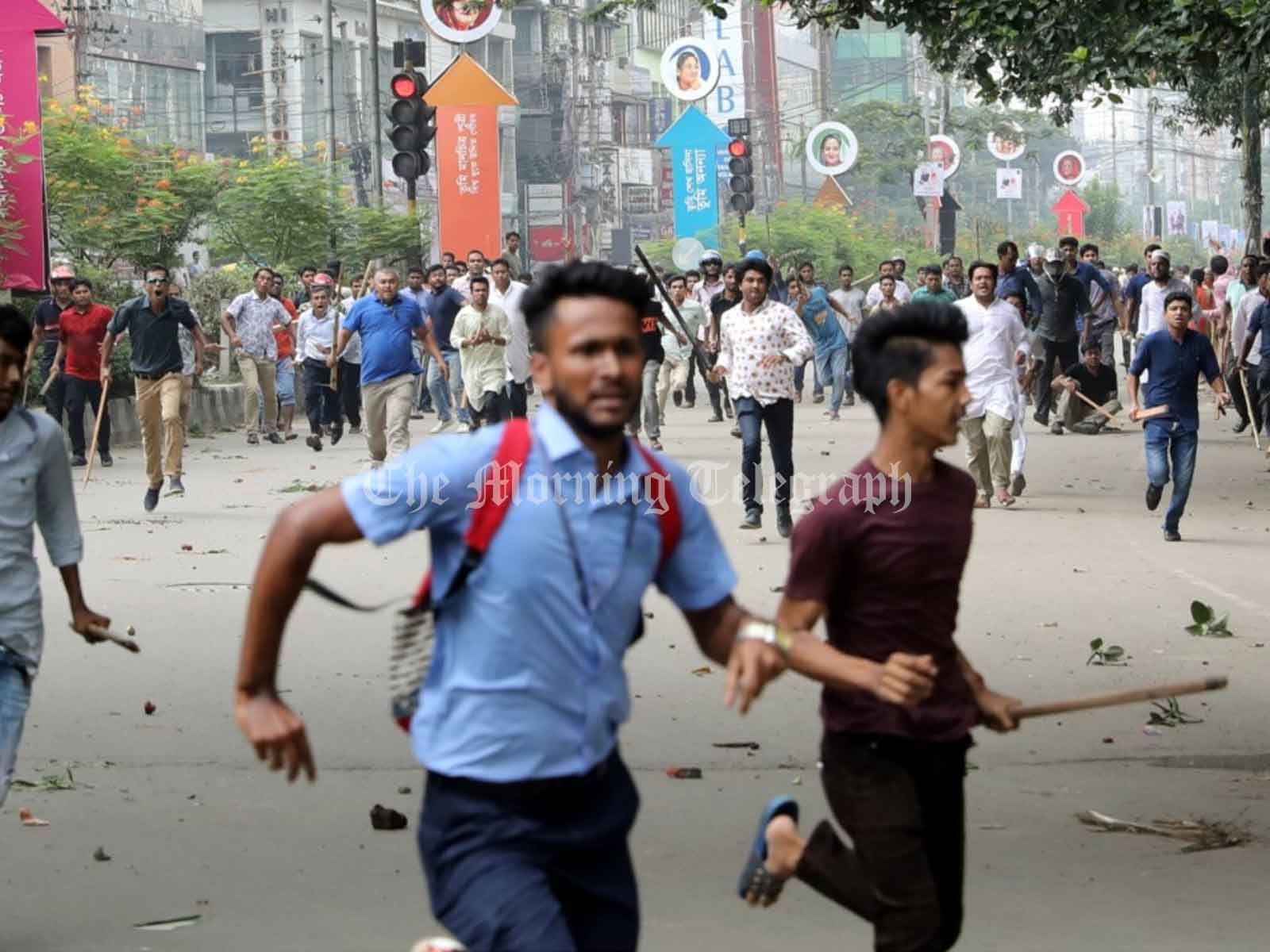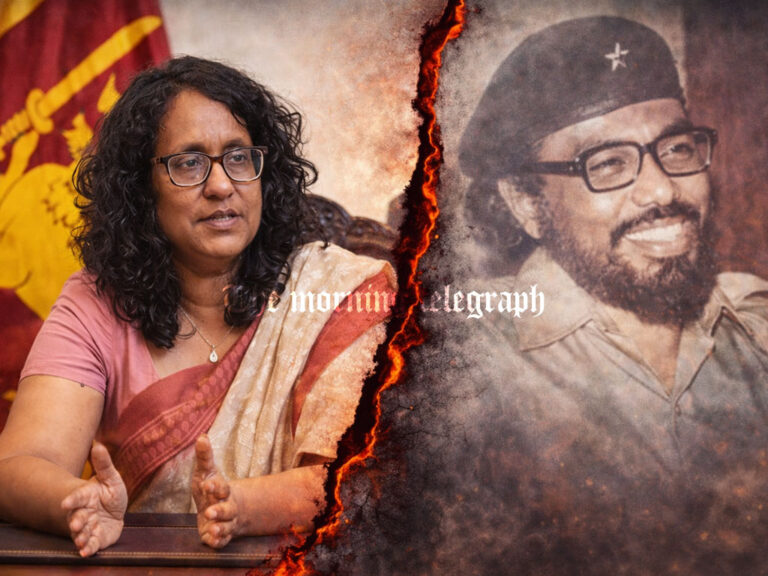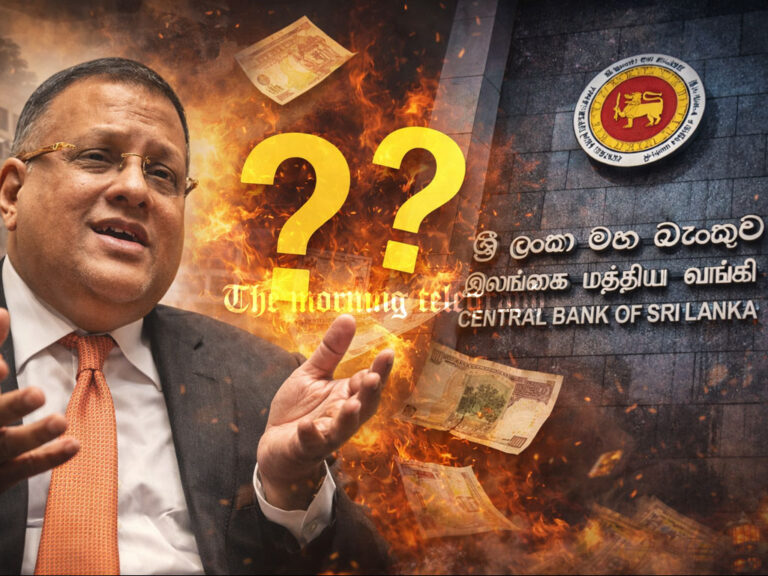
In an alarming turn of events, Bangladesh has descended into chaos, resembling a war zone as violent clashes and widespread unrest grip the nation. The situation has escalated rapidly, with reports of significant disruptions to internet services adding to the turmoil.
The unrest began several days ago, fueled by deep-seated political tensions and socio-economic grievances. Protesters have taken to the streets in major cities, including Dhaka and Chittagong, demanding government reforms and immediate action on pressing issues such as corruption, unemployment, and inflation.
Clashes between protesters and security forces have intensified, leading to numerous injuries and fatalities. Authorities have confirmed that at least six people have died in the protests so far, with many more injured. Eyewitnesses describe scenes of chaos, with tear gas, rubber bullets, and, in some instances, live ammunition being used to disperse crowds. Public and private property has been damaged, with vehicles set ablaze and shops looted.
The government has responded by deploying additional security personnel and imposing curfews in several areas. In an effort to contain the unrest, authorities have also disrupted internet services across the country, making it difficult for people to communicate and access information. This move has been met with criticism from human rights organizations, who argue that it infringes on citizens’ rights to freedom of expression and access to information.
Prime Minister Sheikh Hasina has called for calm and urged all parties to engage in dialogue to resolve the crisis. In a televised address, she emphasized the need for unity and cooperation, stating that violence and destruction will only exacerbate the situation.
International reactions have been swift, with neighboring countries and global organizations expressing concern over the deteriorating situation. The United Nations has called for restraint from all sides and has offered to mediate discussions to restore peace and stability. The European Union and the United States have issued travel advisories, urging their citizens to avoid non-essential travel to Bangladesh.
As the crisis unfolds, the international community watches closely, hoping for a peaceful resolution to prevent further loss of life and destruction. The situation remains fluid, with many fearing that without immediate and effective intervention, the country could spiral further into violence and instability.




